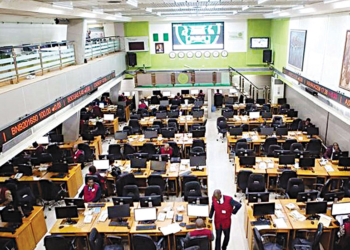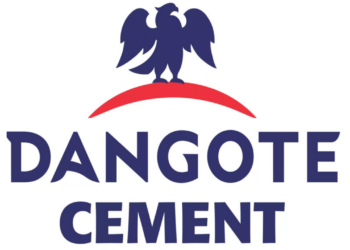Following the recent hike in the Monetary Policy Rate (MPR) by the Monetary Policy Committee of the Central Bank of Nigeria (CBN) to control the rising inflation rate, stakeholders in the Organised Private Sector (OPS) are calling for a sustainable solution.
The Monetary Policy Committee (MPC) voted to increase the MPR to 13.0 per cent from 11.5 per cent at its recently concluded meeting, the first-rate hike since July 2016.
The MPR is the benchmark against which other lending rates in the economy are pegged and is usually used as an instrument to moderate inflation in the economy. When the MPR was 11.5 per cent, stakeholders noted that some credit lenders charged as high as 25 per cent maximum rate to small companies. With the benchmark interest rate at 13 per cent, the country may likely have rates climb beyond 30 per cent for SMEs.
OPS pointed out that the increase in the MPR will not curb inflationary pressures, instead challenges like insecurity, forex scarcity, and uncertainties from the inconsistent policy environment must be tackled to curb the rising inflation, saying, this is the more sustainable solution to the rising inflation in Nigeria.
Speaking, director-general of Lagos Chamber of Commerce & Industry (LCCI), Dr. Chinyere Almona, said the CBN has always maintained that Nigeria’s high inflation rate was due to non-monetary factors outside its purview.
“We have consistently pointed at factors responsible for the rising inflation including an epileptic supply of Premium Motor Spirit (PMS), high cost of Automotive Gas Oil (AGO/Diesel), electricity tariff hikes, insecurity, and the illiquidity crisis in the foreign exchangemarket. These factors have continued to put pressure on the cost of production translating to higher prices or cost-push inflation. These headwinds must be tackled head-on for the inflationary pressure to be tamed sustainably,” she said.
She also said the hike in the interest rates will normally mean less credit to the private sector and that can translate to reduced investment and constrained production in the economy, at least in the short term, saying that this action also has implications for economic growth, job creation, and revenue generation for the government.
Almona reiterated that hikes in rates alone will not tackle the near-galloping inflation trend in Nigeria, adding that, “we need interventions to boost the supply of goods and services, build critical supportive infrastructure, and resolve the illiquidity crisis in the forex market.”
The director-general of Manufacturers Association of Nigeria (MAN), Segun Ajayi-Kadir, explained that, the increase in MPR has widened the journey farther away from the preferred single digit interest rate regime.
According to Ajayi-Kadir, it is not manufacturing friendly considering the myriad of binding constraints already limiting the performance of the sector. MAN is therefore concerned about the ripple effects of this decision and its implications for the manufacturing sector that is visibly struggling to survive the numerous strangulating fiscal and monetary policy measures and reforms.
“Consequently, manufacturers are hopeful that the stringent conditionalities for accessing available development funding windows with the CBN will be relaxed to improve the flow of long-term loans to the manufacturing sector at single digit interest rate.
“The expectation is that MPC will ensure that future adjustments of MPR takes into consideration the trend of core inflation rather than basing decision on headline and food inflation. This will no doubt shield the sector of the backlashes from the 13.5 per cent MPR, ramp up production and guarantee sustained growth in the overall best interest of the economy,” he stressed.
Founder/CEO of Centre for the Promotion of Private Enterprise (CPPE), Dr Muda Yusuf added that the outcome of the MPC meeting of 24th May 2022 was not unexpected having regard to the intense inflationary pressures, the increasing risks to price stability and the policy tightening trend by Central Banks globally. He noted that, “numerous headwinds had posed significant risks to CBN objective of price stability. Some of these include the surge in commodity prices and impact on energy cost, spike in domestic liquidity from electioneering related spending and global supply chain disruptions.
in MPR by 150 basis points to 13 per cent by the MPC is therefore understandable.
“But whether this would significantly impact on the inflation is a different matter. Already, bank lending has been constrained by the high CRR as many operators in the sector claim that effective CRR is as high as 50 per cent or more for many banks, the discretionary debits by the apex bank, the 65 per cent Loan to Deposit Ratio (LDR) and liquidity ratio of 30 per cent. Lending situation in the economy is already very tight.”
In curbing the current inflationary pressure, stakeholders recommended government’s need to address the security concerns causing disruption to agricultural activities; reform the foreign exchange market to stabilize the exchange rate, reduce volatility and stimulate forex inflows; address forex liquidity issues through appropriate policy measures; fix the structural problems to boost productivity and competitiveness of domestic firms; address the challenge of high transportation and logistics cost; among others















